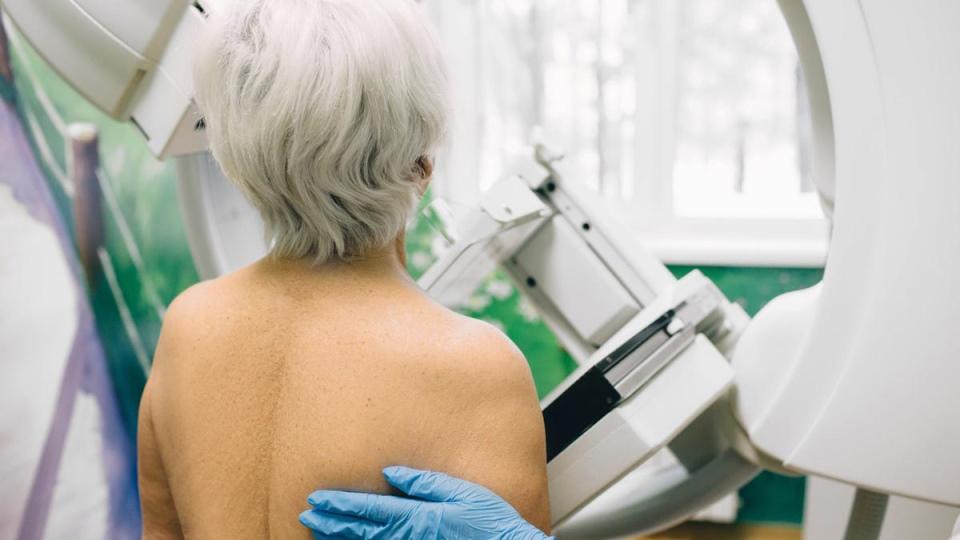NICE relents and backs Kisqali for wide use in breast cancer

Novartis' Kisqali is seeing renewed growth thanks to a recent approval as an adjuvant therapy for patients with early-stage breast cancer, and a recommendation for this use by the NHS could lend the drug further momentum.
Health technology assessment (HTA) agency NICE has recommended in final draft guidance that the CDK4/6 inhibitor be used on the NHS in combination with endocrine therapy (ET) as a post-surgery treatment option for patients with HR-positive/HER2-negative early breast cancer.
The recommendation means that patients with the highest risk of recurrence now have an additional treatment option to try to prevent their cancer from returning, said Novartis.
The outcome of NICE's appraisal means that a population of patients that had been excluded in an earlier version of the guidance – representing 47% of those covered by the approved indication for Kisqali (ribociclib) in the UK – are now eligible for the drug.
The reimbursement authority had previously proposed limiting its use to patients whose cancer had spread to nearby lymph nodes. At the time, patient organisation Breast Cancer NOW said that the restriction meant that thousands of people with early breast cancer would miss out on access to a "vital" treatment.
Breast cancer is the most commonly diagnosed cancer in the UK, and for the 70% of patients with HR-positive/HER2-negative early breast cancer, the risk of recurrence remains a constant fear, even after successful initial treatment, according to Novartis.
"Cancer remission is often perceived as the final step, but for many patients it's the beginning of a new chapter, one where the possibility of their disease coming back can be a constant concern," commented Kirstin Spencer, Independent Cancer Patients' Voice.
"This fear is not only prevalent but also persistent, often affecting mental health, relationships, and daily activities," she added. "It is encouraging to see that a broad population of patients with early breast cancer now have access to an additional treatment that will reduce the risk of their cancer recurring."
Kisqali was approved for the new indication on the back of the NATALEE trial, in which adding Kisqali to standard treatment with adjuvant ET resulted in a 25% reduction in the risk of cancer recurrence compared to ET alone after three years of follow-up.
Novartis reported in its second-quarter results this morning that Kisqali sales had rocketed 64% to nearly $1.2 billion – the largest contributor to its growth – with sales doubling in the US market. The trajectory was driven by the new early breast cancer indication as well as market share gains in more advanced disease, said the drugmaker.
The broad label for the drug has helped it compete in the market against its main rival in the CDK 4/6 inhibitor class, Eli Lilly's Verzenio (abemaciclib).
Following the NICE recommendation, the guidance should be adopted by the NHS in Wales and Northern Ireland, said Novartis. In the meantime, the Scottish Medicines Consortium (SMC) submission is under review.












